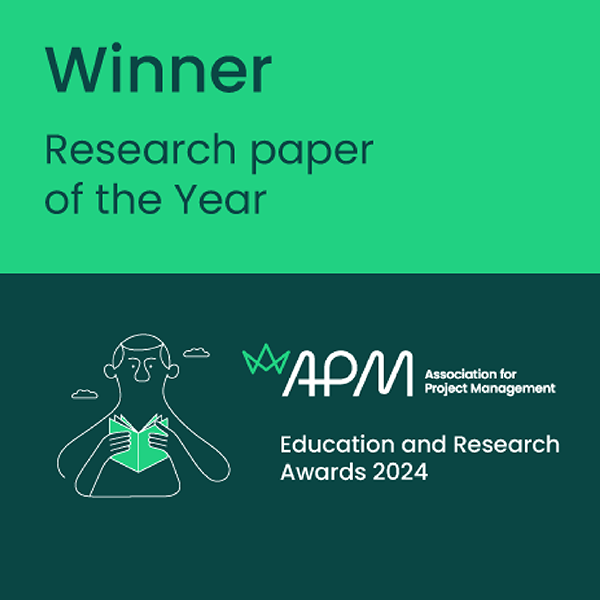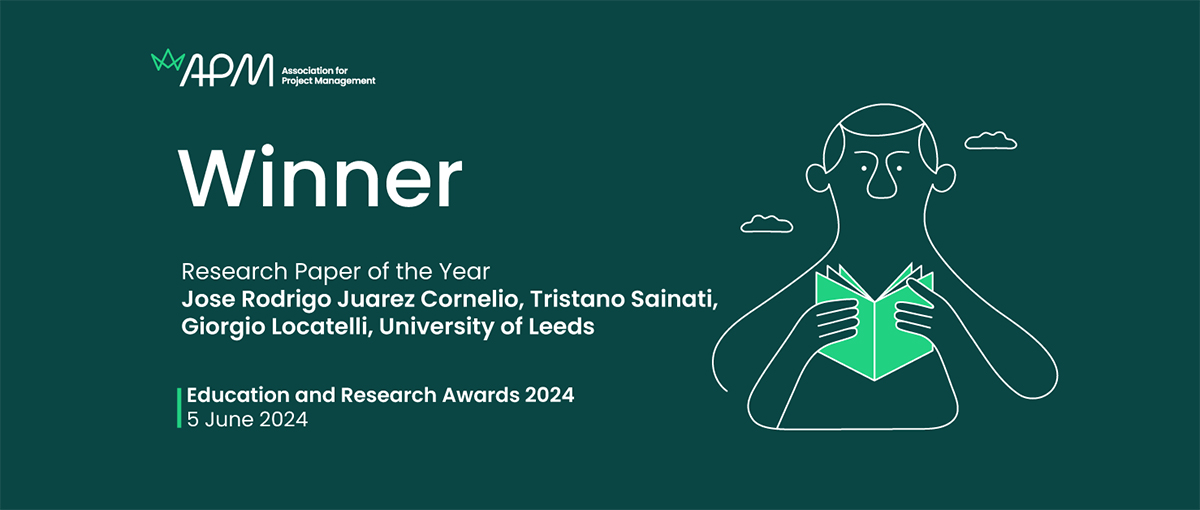
New technologies, Big Data and international dimensions are some of the factors that must be taken into account by today’s Project Manager, an often underestimated figure who, in the face of increasingly complex and fluid situations, takes on growing importance. We talked about this with Mauro Mancini, a professor of Project and Programme Management at the School of Management of Politecnico di Milano.
«It’s good to be clear that project management is the management of people and information, and the era of digitalization we are going through is changing approaches and methods of interaction and communication between people – Professor Mancini explains –. The more a company is able to equip itself with project management tools that can benefit from all this, the more it will be able to effectively handle the continuous changes in its operating environment».
In this sense, Artificial Intelligence (AI) should be seen as an ally rather than a threat. «The quantity of data we must manage today is clearly higher than in the past. A Project Manager must be able to very quickly understand the situation, gather the greatest amount of data possible, verify its quality and process it to develop a tactical or strategic plan. Artificial Intelligence will be increasingly important for a Project Manager, who more and more will face unforeseen situations». But according to Mauro Mancini, the more qualitative part of work will remain the prerogative of man: «Artificial Intelligence carries out simulations based on the rules supplied by man, but it can’t predict the future. Who must manage a project needs for everything that respects past rules to be managed ‘automatically’, and in this AI is very useful, but the winning card as far as innovation or creativity is concerned will always be, in my view, in the hands of human intelligence».
The emphasis the society we live in places on speed, and the possibility, often offered by technology, to quickly experiment with solutions, is leading to the spread of the approach known as the “culture of failure,” whose sense is summed up in the English expression “Fast fail, cheap fail”. «It’s an approach that I totally agree with – says Mancini –. In some cultures, in particular the American one, if you’ve never failed, you’re not suitable for leading particularly complex and innovative processes, because never having failed means never having risked. Obviously a project needs all types of people: those who risk and conservatives. And the Project Manager must have the ability to understand those areas in which it’s right to make mistakes in order to learn quickly and others in which you need to be more careful».
The question of speed is also tied in part to another much debated issue in this period, that of the right mix between soft and hard skills in managerial positions. Rapid changes in scenarios – in the market or a single project – require adaptability and learning, while at the same time the specialized skills required of those who work (especially in hi-tech) are also changing quickly. «One of the tasks of the Project Manager – explains Mancini – is that of understanding very quickly the technical expertise necessary for a specific project (hard skills). Soft skills, which I prefer to call behavioural skills, right now are the subject of great attention in Europe. Also in this case there’s the time factor: they are skills that, for the very reason that they’re ‘soft’, are stimulated daily from an early age. Industrial sectors are characterized by different degrees of technical complexity, but in order for a Project Manager to know how to judge the correctness of the answer to the fundamental question ‘how much time is needed to do this activity?’ independently of the fact that it is asked to internal or external human resources, it’s necessary that he’s done this activity himself or, at least, has all the elements to rapidly verify (often in real time) the correctness of the response.
For a Project Manager, having technical expertise doesn’t mean knowing how to design a component, a system or an organization, but knowing and/or quickly assimilating the rules of the game of the context in which he finds himself».
Among behavioural skills, intercultural ones are destined to become increasingly important. «We increasingly find ourselves dealing with projects in which the people involved come from completely different cultures. In different countries, relational capabilities can leverage off technically instruments that are diametrically opposed to one’s own culture. So we must increasingly be able to interact with ways of thinking and behaviours that are very different from ours, that can hide values that are equally diverse».











